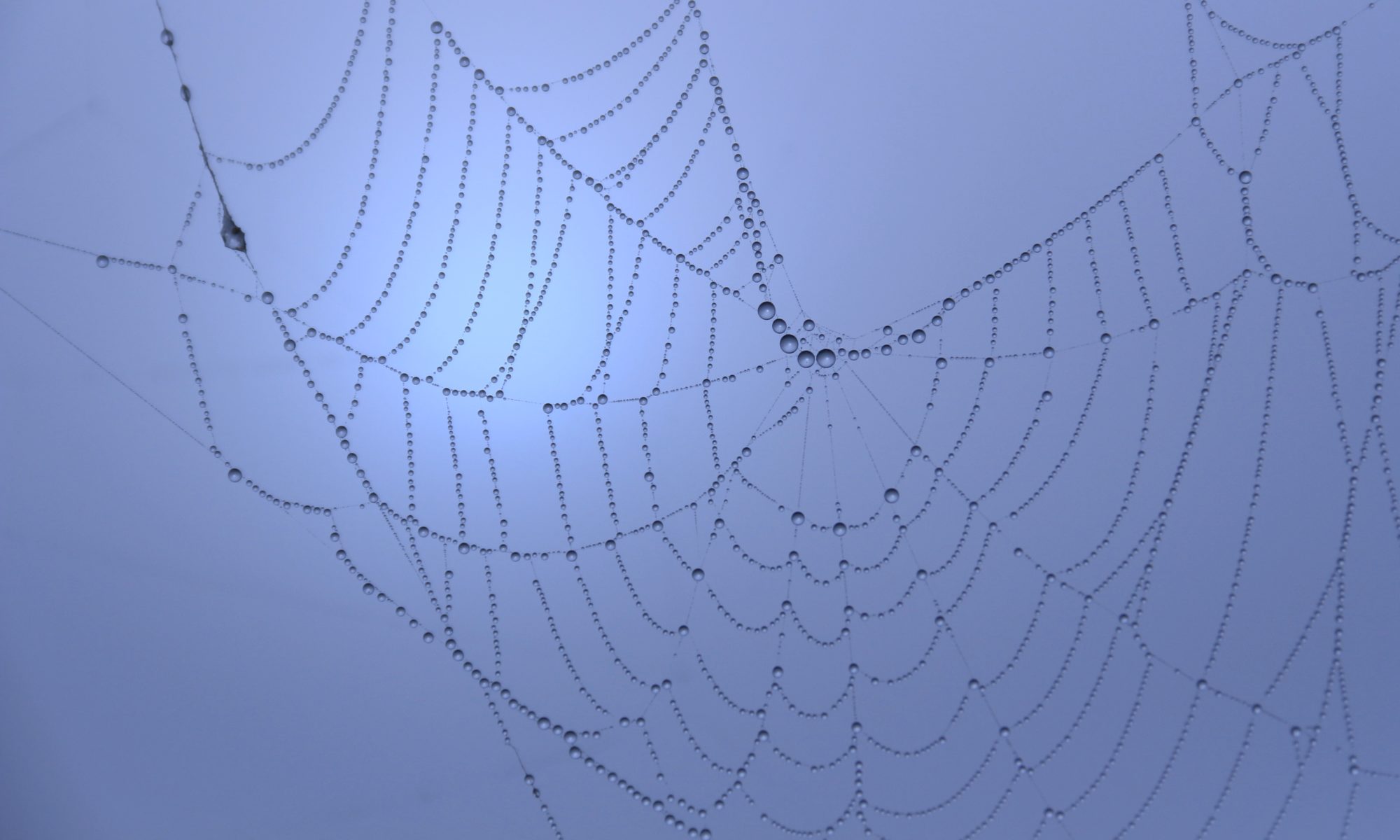Supap Kirtsaeng won a victory at the U.S. Supreme Court in 2013, and now he’s heading back to seek attorneys’ fees. Here’s the background:
Supap Kirtsaeng built himself a business on eBay buying textbooks in Asia and reselling them to students in the US. That practice made him the target of a copyright lawsuit by John Wiley & Sons, a large textbook company that didn’t like Kirtsaeng undercutting their US prices. Lawyers for Wiley said that they should control the right to import their copyrighted works.
Kirtsaeng won a resounding victory in 2013, when the Supreme Court said he was protected by the first-sale doctrine. He’d bought the books legally and could resell them, even if that involved moving the books across the border.
See, Supreme Court takes up copyright case over resold textbooks—again @ Ars Technica.
What’s the issue, now? Although copyright law allows Kirtsaeng to receive attorneys’ fees, it’s not mandatory that he receive them (and it’s uncommon, generally, to receive attorneys’ fees in America). The district court and the Second Circuit Court of Appeals both denied Kirtsaeng’s request for fees, but he argues that he would have received them had he filed suit in another federal circuit.
He’s consequently claiming a circuit split, and asking the U.S. Supreme court to close that split by applying a uniform standard for all America (and of course, a uniform standard that would award attorney’s fees in his case).
See, also, the petition of Supap Kirtsaeng and the brief in opposition of John Wiley & Sons (contending that there’s no circuit split at all), both documents by way of the ScotusBlog.

